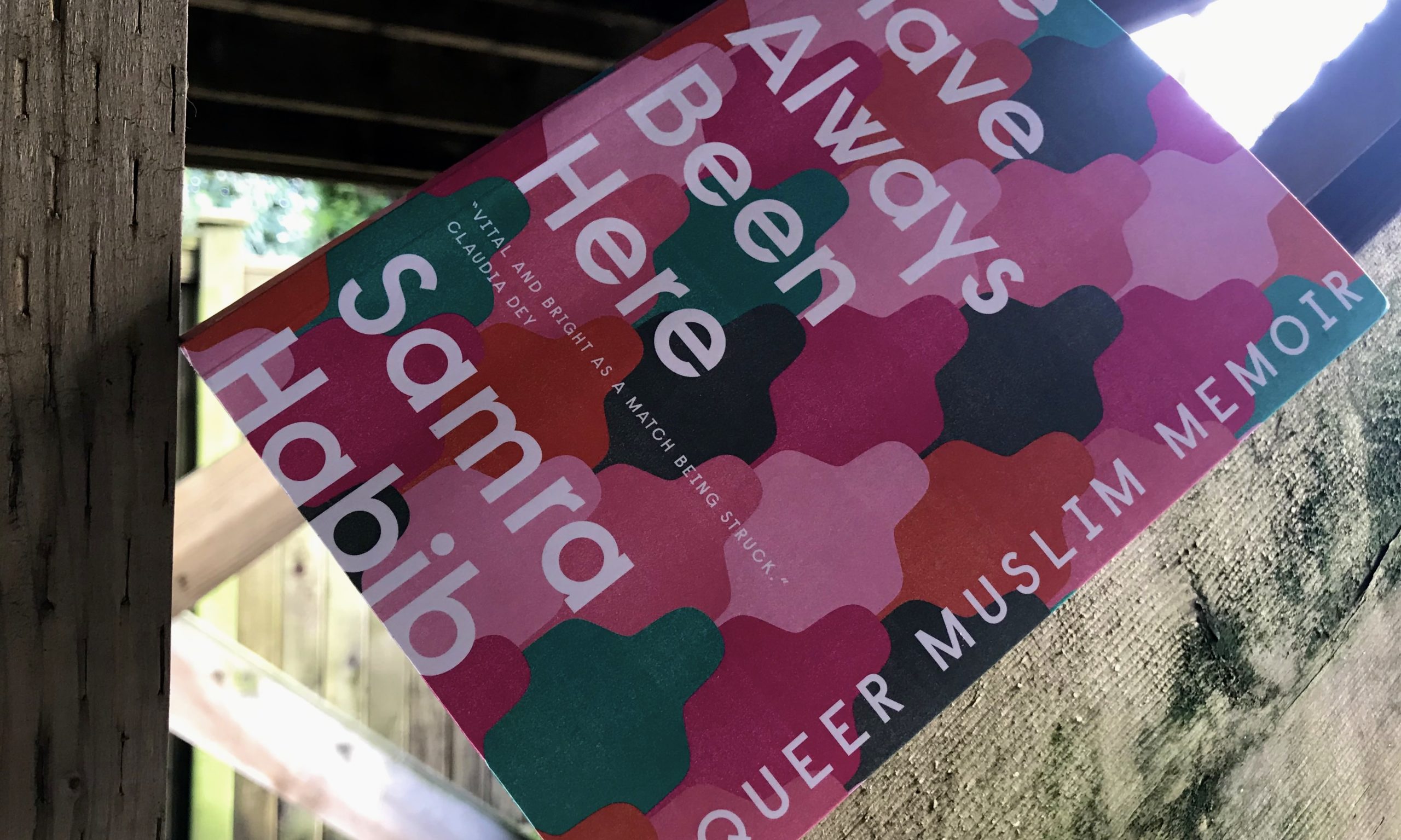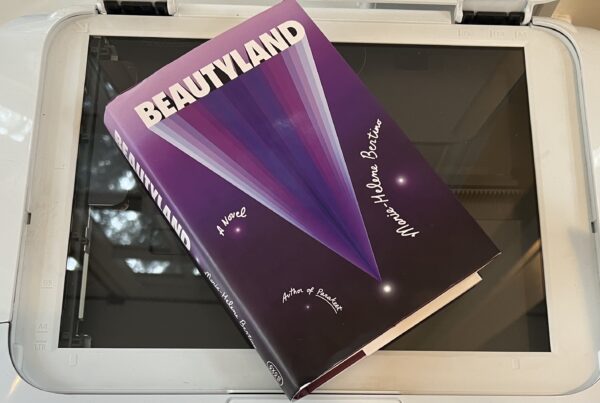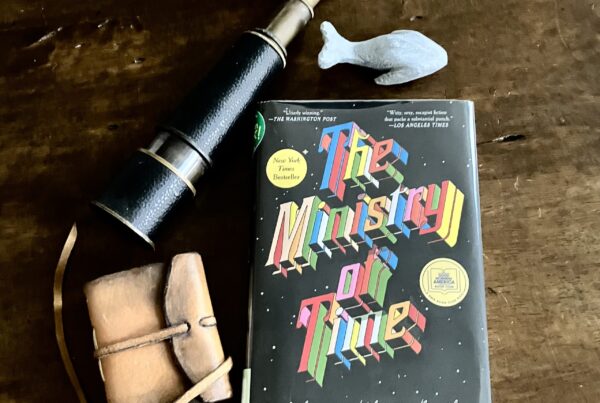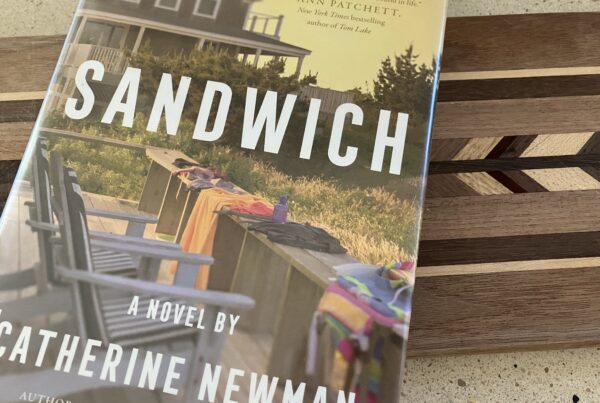I love reading fiction. I love becoming deeply engrossed in a story and world not my own. But recently, I’ve been reading more creative non-fiction, drawn by this seeming contradiction of real lives expressed artistically. This trend is also perhaps a result of my desire to be constantly learning, but through a means that feels enjoyable and not like work. I can and do learn through fiction, of course, but non-fiction seems to round out my understanding of worldly issues through individual experience in a way that feels more concrete. Memoirs like A Mind Spread Out on the Ground by Alicia Elliott, The Woo Woo by Lindsay Wong, and Me, Myself, They by Luna Ferguson have pulled me into stories of indigenous lives, Chinese families struggling with mental illness, and the experiences of non-binary folks, filling in cracks in my understanding while doing so.
Samra Habib’s book, We Have Always Been Here: A Queer Muslim Memoir, is the latest work to bring me to greater understanding and appreciation for an experience different to my own. I read a lot about queerness, but Habib’s story of the intersections between queerness and her Muslim faith brought a new dimension to queer identity for me—one that is still rarely represented in books and media.
Just writing a book about being a queer Muslim is an act of resistance and bravery. Habib’s subtitle is a clear, unabashed declaration of her intention here. We see the divisive impact of these two parts of her identity everywhere in the book—from growing up in Pakistan as a persecuted minority, to her family’s immigration to Canada and all of the accompanying racism and daily humiliations resulting from that move, to her own struggle to fit in amongst other Muslims as a queer woman, or amongst the queer community as a Muslim.
But this is also a book about connections—the closeness she finds with her mother and father despite past challenges with both, the chosen family she creates as an adult after feeling isolated in both queer and Muslim circles, the varied and complex romantic relationships she finds with people from all kinds of background and identities following two unsuccessful marriages. One of the most powerful sections depicting connection is when she writes about her discovery of the Unity Mosque in Toronto, where she meets other queer Muslims and learns about the multitude of ways people can experience Islam and still remain connected to one another by their faith.
I learned a lot about the intersections of faith and queerness from reading this book. I also gained insight into the process of discovering oneself in a world that is hell-bent on compartmentalizing our identities. Habib does a beautiful job of challenging assumptions and expectations about what being queer and Muslim looks like.




